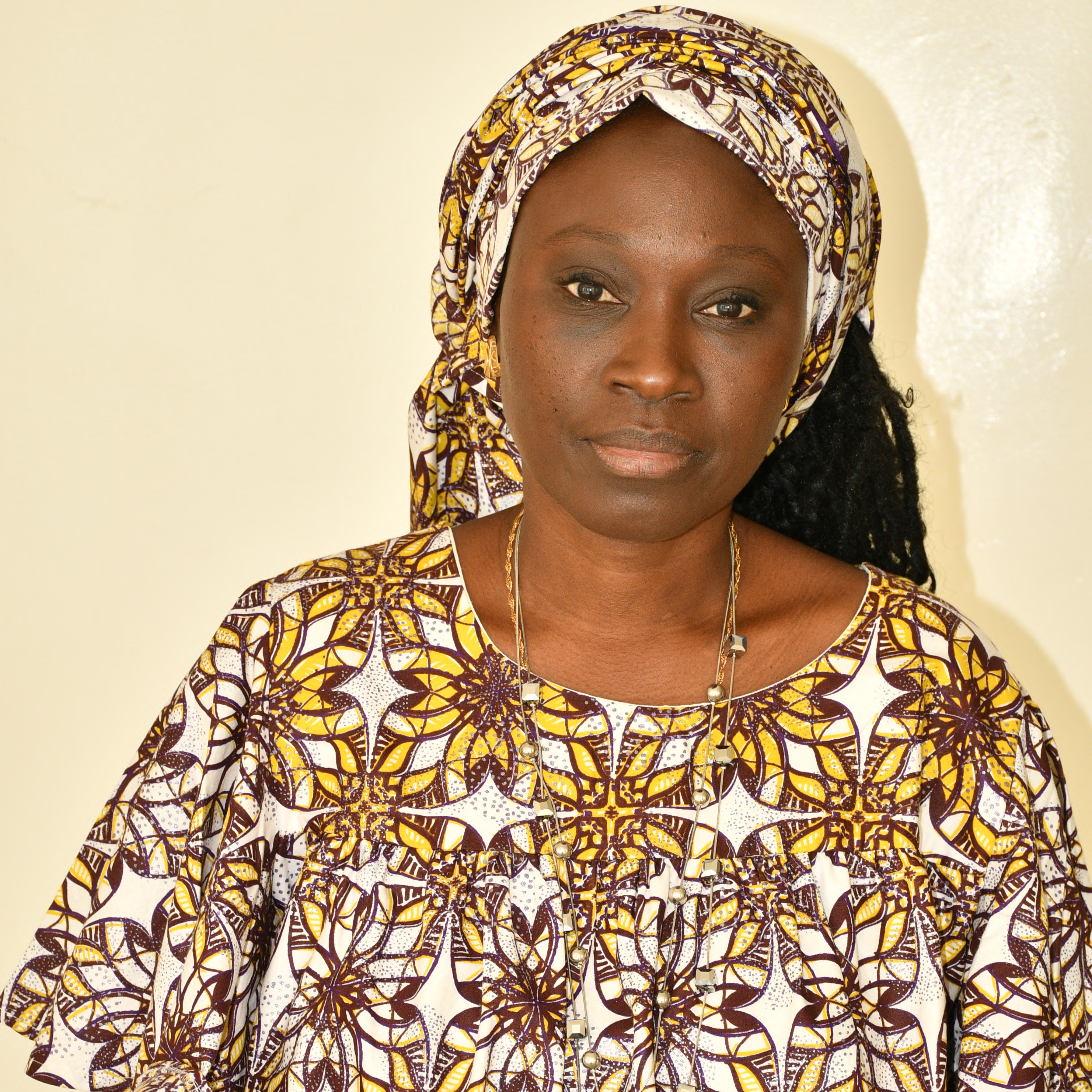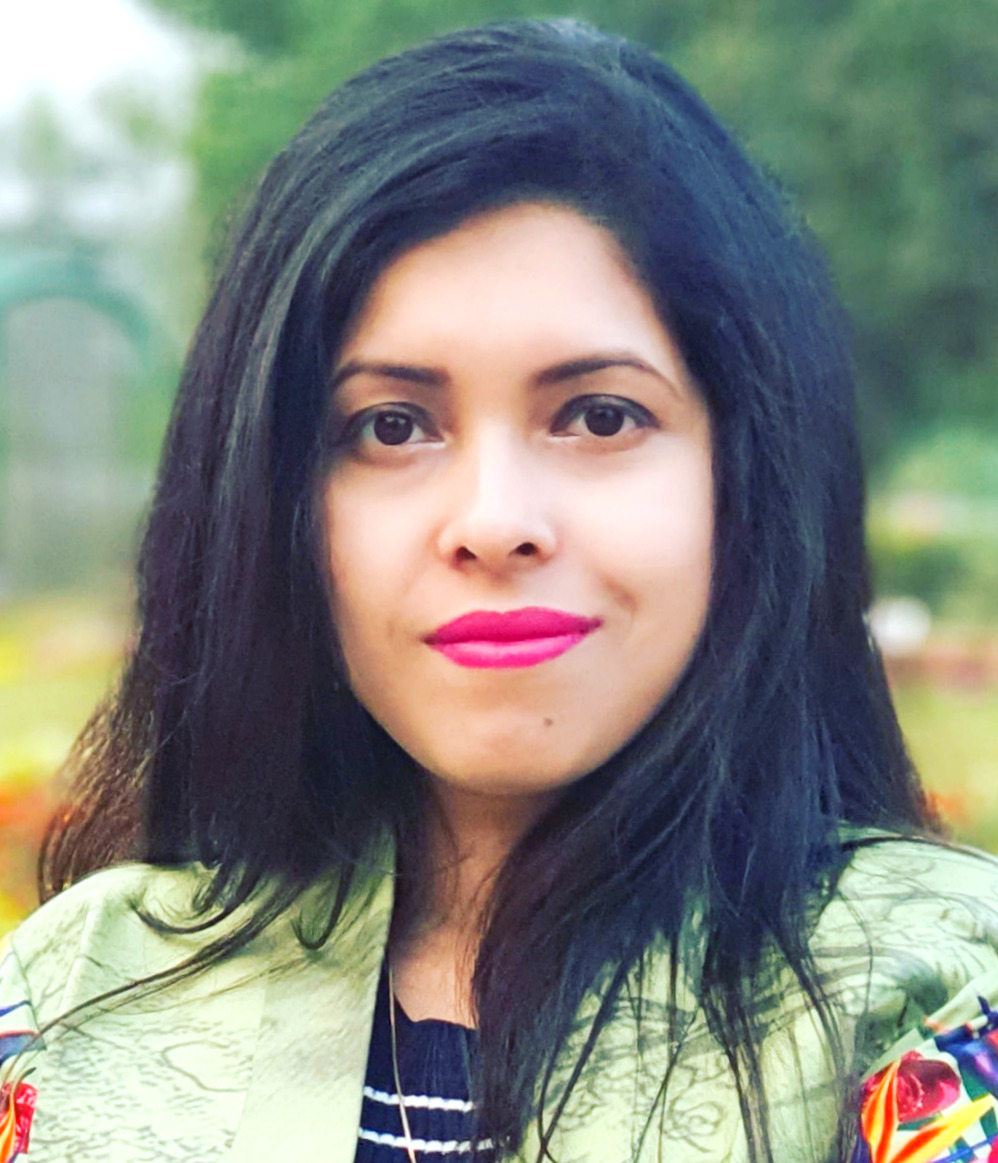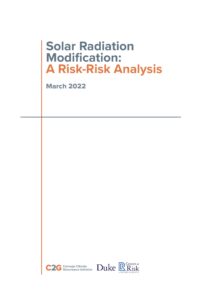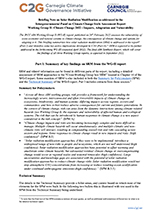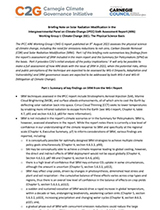Governance of Solar Radiation Modification: Challenges and Opportunities for LDCs
C2G event at the 2nd Gobeshona Global Conference
29 March 2022 at 11:00-12:30 GMT
The Carnegie Climate Governance Initiative (C2G) is organizing this event at the 2ndGobeshona Global Conference to raise the awareness and understanding among actors from the Least Development Countries of solar radiation modification (SRM) techniques, the governance challenges they present and challenges as to how to compare use and non-use of SRM scenarios to support decision making, and to explore how to enable further learning and capacity building.
Background
Current pledges made under the 2015 Paris Agreement on climate change and those announced at COP 26 in Glasgow are insufficient to keep global temperature increase below 2°C, let alone 1.5 °C. The latest Working Group I contribution to the IPCC’s Sixth Assessment (AR6) made it clear that even with transformational emission cuts and the greatest use of carbon dioxide removal, it’s still more likely than not that global warming would overshoot 1.5°C.
Concern about the growing risk of exposure to climate impacts is driving exploration of new techniques to temporarily constrain global temperature through interventions using an approach known as solar radiation modification (SRM)2.
While some SRM techniques may be theoretically effective in reducing overshoot of 1.5°C, they face large uncertainties and knowledge gaps, and give rise to substantial risks. There is currently no international governance for SRM to answer some fundamental questions: who would control the global thermostat? How might society assess the risks of deploying it against the risks of non-action in a warming world? Who decides whether or not, when and how to undertake research? Who decides whether or not, when and how to deploy?
The use or not of SRM will likely have greatest implications in least- developed countries who are least informed about the risks and benefits and governance challenges posted by these techniques. It’s therefore critical that the knowledge gap be bridged and views from least developed be heard.
Agenda
| Agenda item | Speaker |
| Introduction and Opening Remarks | Mizan R. Khan, Deputy Director, International Centre for Climate Change & Development (ICCCAD) Madeleine Diouf Sarr, Chair, LDCs Negotiating Group on Climate Change |
| Keynote: How does the IPCC Sixth Assessment address Solar Radiation Modification? | Inés Angela Camilloni, Professor, Department of Atmospheric and Oceanic Sciences, School of Sciences, University of Buenos Aires |
|
Keynote: Solar Radiation Modification governance in the context of SDGs: from a risk-risk perspective
|
Janos Pasztor, Executive Director, Carnegie Climate Governance Initiative (C2G) |
| Keynote: Climate Change, SRM and LDCs and why it’s important for LDCs | Saleemul Huq, Director, International Centre for Climate Change & Development (ICCCAD) |
|
Panel Discussion
|
|
| Closing remarks | Mizan R. Khan, Deputy Director, International Centre for Climate Change & Development (ICCCAD) |
Speakers
Madeleine Diouf Sarr, Head of the Climate Change Division, Senegal Ministry of Environment and Sustainable Development (MEDD)
Madeleine Diouf Sarr is the Head of the Climate Change Division in Senegal’s Ministry of Environment and Sustainable Development (MEDD). Trained as a biologist and environmental engineer, Ms Sarr has twenty years of experience in UN climate change negotiations, including as a member of the Consultative Group of Experts on National Communications (CGE), the LDC Expert Group (LEG), and the Adaptation Committee. Beyond the UNFCCC, she has years of experience managing and coordinating climate change projects and programmes in Senegal.
Ms Sarr serves as Senegal’s national technical coordinator on climate change, providing oversight of country projects under the Green Climate Fund and leading the process for development of Senegal’s Nationally Determined Contribution (NDC) under the Paris Agreement. Ms Sarr is the first woman to Chair the LDC Group since it began negotiating as a bloc in UNFCCC negotiations twenty two years ago.
Inés Camilloni, Associate professor, Department of Atmospheric and Ocean Sciences, University of Buenos Aires and Researcher, Del Mar Atmosphere Research Center
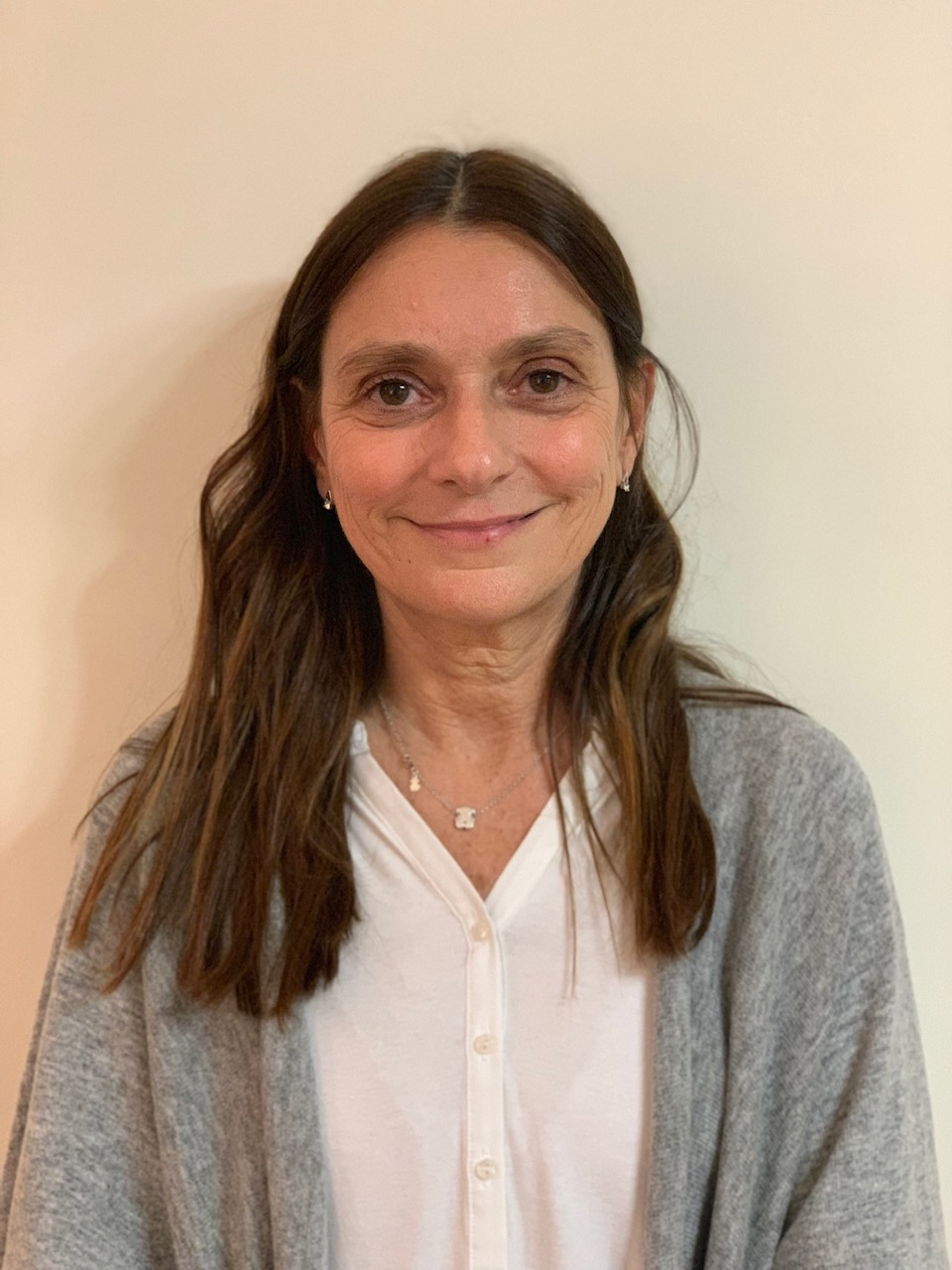
She was a member of the Argentinean team that developed the report on present and future climate trends in Argentina for the “3rd National Communication of Climate Change” and the related web-based dissemination of climate data and scenarios to support impact studies in Argentina.
Tosi Mpanu-Mpanu, Ministry of Environment and Sustainable Development, Democratic Republic of the Congo
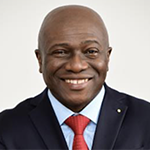
As a delegate of the Democratic Republic of Congo in the negotiation process under the UN Climate Convention, he has attended all UN climate conferences since 2007. Elected President of the Group of African Negotiators at the Copenhagen Conference in December 2009, he held this position until the Durban Conference in December 2011. Following his chairmanship of the Least Developed Countries Group (LDCs) in the climate negotiations process from January to December 2016, he was elected Chair of the Coalition for Rainforest Nations (CfRN), for a two-year term ending in December 2018.
He sits on the Board of Directors of the Green Climate Fund (GCF), on the Board of Directors of the Pan African Climate Risk Management Mutual (ARC Agency), a specialized agency of the African Union, as well as on the Steering Committee of the NDC Partnership.
From 2014 to 2015, Mr. Mpanu Mpanu served as a member of the Executive Board of the Clean Development Mechanism (CDM), which supervises the operation and evaluation of market-based mechanisms under the Kyoto Protocol’s clean development mechanism.
Previously, Mr. Mpanu Mpanu was Senior Advisor to the Prime Minister (December 2016 to July 2017), Advisor to the Minister of Foreign Affairs and International Cooperation for 4 years (2003-2007) and consultant at the World Bank in Washington DC. 2000 to 2003.
Mr. Mpanu Mpanu is an alumnus of Ecole Nationale d’Administration in Strasbourg, France, where he completed the Cycle International de Perfectionnement in July 2013 (Promotion Lucie Aubrac).
Romaric Odoulami, Junior Research Fellow, African Climate and Development Initiative, University of Cape Town
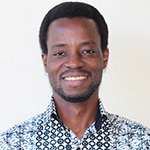
His research focuses on understanding risks in weather and climate extremes and their response to human influence on the climate system by contributing to developing more reliable and affordable risk management strategies with a specific interest in agricultural risk in Africa.
Mahjabeen Rahman, Graduate Student, Rutgers Impact Studies of Climate Intervention, Rutgers University
Mahjabeen is a climate change researcher with 5+ years’ working experience in R&D in Bangladesh. Currently, she is doing her Ph.D. in Atmospheric Science at Rutgers University & working in the Rutgers Impact Studies and Climate Intervention (RISCI) lab focusing on- crop modeling, UV impacts, stratospheric aerosol interventions, and nuclear winter. Right now, she is working on determining the impacts of stratospheric aerosol injection and solar radiation management on surface UV, and its aftermaths on agricultural production and crop yield by developing a UV damage function. Besides, she is working remotely as a ‘Climate researcher & Program coordinator’ at IRRI-CGIAR on development projects related to food & nutrition security, climate-resilient agriculture, and SDGs.
Mahjabeen graduated from the Bangladesh University of Engineering and Technology (BUET) with a B.S. in Urban and Regional Planning and did M.S. in Climate Change and Development from the Independent University, Bangladesh (IUB). Before coming to the USA, she worked as researcher and development professional at several international organizations like BRAC, ICCCAD and IRRI-CGIAR in Bangladesh. She has first-hand experience in working on projects related to Climate resilient value chain analysis, Human-climate interactions, Food security and climate, Climate change mitigation & adaptation, Natural resource management, Environmental changes, Rohingya Influx, Low-carbon hunger-free Bangladesh, Climate finance, Climate & disaster resilience, Urban water and flood management, Economic Gap analysis of different urban centers
Saleemul Huq, Director, International Centre for Climate Change & Development (ICCCAD)
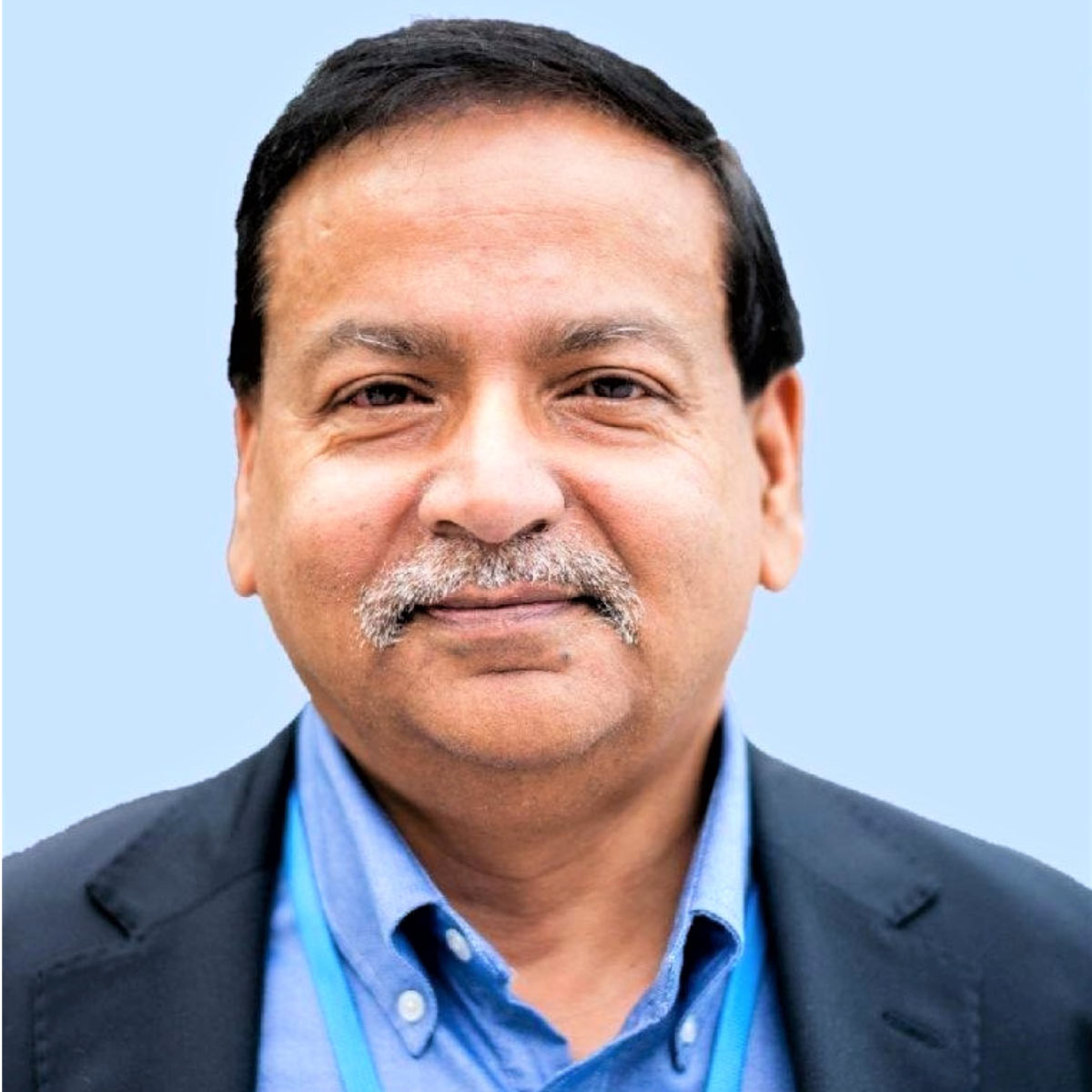
He is an expert in adaptation to climate change in the most Vulnerable developing countries and has been a lead author of the third, fourth and fifth assessment reports of the Intergovernmental Panel on Climate Change (IPCC) and he also advises the Least Developed Countries (LDC) group in the United Nations Framework Convention on Climate Change (UNFCCC). In addition he is affiliated with the UN Food System Summit for 2021 as co-chair of the Action Track 5 on Building Resilience to Vulnerabilities, Shocks &Stress.
He has published hundreds of scientific as well as popular articles and was recognized as one of the top twenty global influencers on climate change policy in 2019 and top scientist from Bangladesh on climate change science.Recently he has beenappointedOfficer of the Order of the British Empire(OBE) in the2022 New Year Honoursfor services to combating international climate change.
Janos Pasztor, Executive Director, Carnegie Climate Governance Initiative
 Janos Pasztor (a Hungarian and a Swiss citizen) is Senior Fellow of the Carnegie Council for Ethics in International Affairs, and is Executive Director of the Carnegie Climate Governance Initiative (C2G).
Janos Pasztor (a Hungarian and a Swiss citizen) is Senior Fellow of the Carnegie Council for Ethics in International Affairs, and is Executive Director of the Carnegie Climate Governance Initiative (C2G).
He has four decades of work experience in the areas of energy, environment, climate change, and sustainable development. Before taking up his current assignment he was UN Assistant Secretary-General for Climate Change in New York under Secretary-General Ban Ki-moon.
Earlier, he was Acting Executive Director for Conservation (2014), and Policy and Science Director (2012-2014), at WWF International. He directed the UNSG’s Climate Change Support Team (2008-2010) and later was Executive Secretary of the UNSG’s High-level Panel on Global Sustainability (2010-2012). In 2007 he directed the Geneva-based UN Environment Management Group (EMG). During 1993-2006 he worked and over time held many responsibilities at the Climate Change Secretariat (UNFCCC), initially in Geneva and later in Bonn.
His other assignments included: the Secretariat of the UN Conference on Environment and Development (Earth Summit ’92); Stockholm Environment Institute; United Nations Environment Programme (UNEP); Secretariat of the World Commission on Environment and Development (Brundtland Commission); the Beijer Institute; and the World Council of Churches.
He has BSc and MSc degrees from the Massachusetts Institute of Technology (MIT).
Moderator
Mizan R. Khan, Deputy Director, International Centre for Climate Change & Development (ICCCAD)
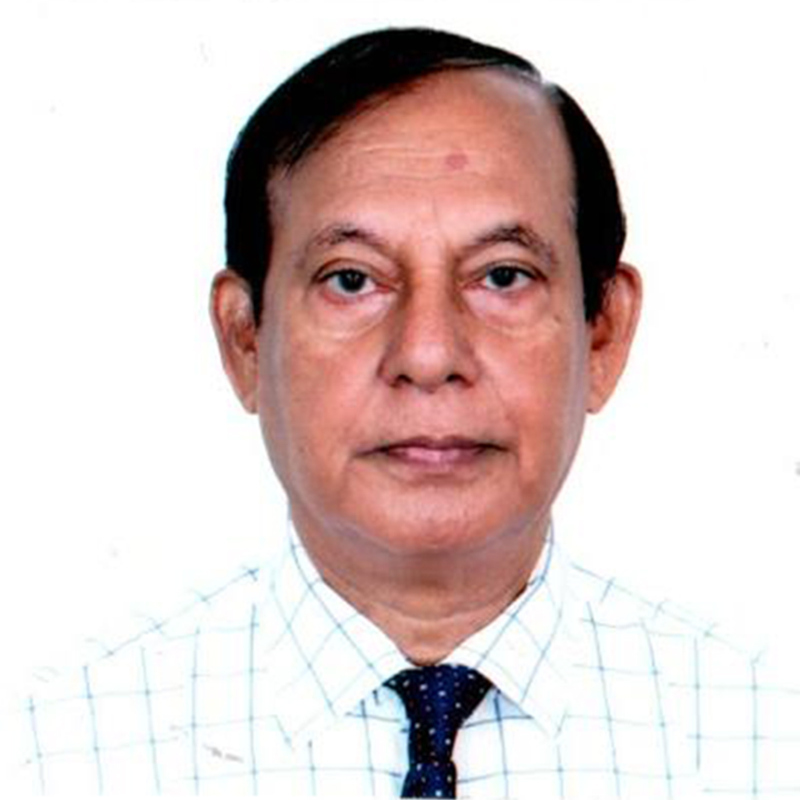
Prof. Mizan R. Khan has a Ph.D in Environmental Policy and Management from the University of Maryland School of Public Policy, MD, USA. Currently, he is Deputy Director, International Centre for Climate Change & Development (ICCCAD), at Independent University, Bangladesh (IUB), & Programme Director, LDC Universities Consortium on Climate Change (LUCCC).
He served as Adjunct/Visiting Professor/Scholar at the University of Manitoba; University of Calcutta; Universite de Poitiers; Brown University and the University of Maryland. He is a Lead Author of the Intergovernmental Panel on Climate Change (IPCC). In the early 1990s, he worked for 3 years as a Senior Researcher at the Centre for International Development and Conflict Management (CIDCM) of the UMCP, MD, USA.
He was Vice Chair of the LDC Expert Group under the UNFCCC during 2002-2004. He attends climate negotiations as a lead negotiator with the Bangladesh delegation since 2001. He is an invited speaker in global expert meetings on climate change. Prof. Khan has a wide range of publications in peer-reviewed journals/magazines including Nature & Science on climate change issues. He has to his credits three books on climate change economics, politics and capacity building, published by Routledge & MIT Press.
Highlights
“How can solar radiation modification be considered from a risk-risk perspective?”
Janos Pasztor Executive Director, Carnegie Climate Governance Initiative
“Why must the governance of solar radiation modification include least developed countries?”
Saleemul Huq Director, International Centre for Climate Change & Development
“What safeguards and governance are needed for solar radiation modification?”
Tosi Mpanu-Mpanu Ministry of Environment and Sustainable Development, Democratic Republic of the Congo
“How can young people in vulnerable countries learn more about solar radiation modification?”
Mahjabeen Rahman
Graduate Student, Rutgers Impact Studies of Climate Intervention, Rutgers University
“How could developing countries monitor the impacts of solar radiation modification?”
Inés Camilloni
Associate professor, Department of Atmospheric and Ocean Sciences, University of Buenos Aires
“What role can developing countries play in governance decisions on solar radiation modification?”
Romaric Odoulami
Junior Research Fellow, African Climate and Development Initiative, University of Cape Town
